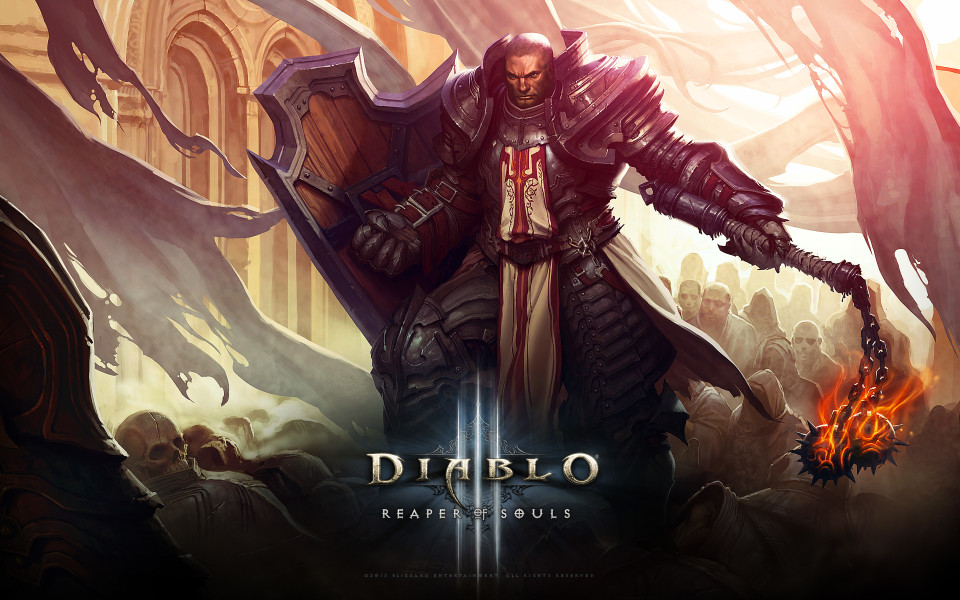Last session in the D&D game, we came to a horrifying realization: a powerful evil NPC we’d covertly stolen an item from (a witch/hag that goes by “Auntie Bloat”) at the behest of a good NPC had found the colony and had managed to sneak in and make a deal with one of the farmers that would result in her taking the infant he and his wife have on the way. It was unexpected and shocking, but it galvanized us into action almost immediately. In a very real way, this will be what the game is about until the threat is removed.
However, unlike a lot of scenarios like this, Grant has left us with a somewhat longer window before we have to act, which does several interesting things.
First, it creates a sense of looming dread that we’re going to have to live with for a while. Incidentally, Grant seems fond of this – we agreed to an unspecified favor for a water fey earlier in the game and that won’t be coming due any time soon; we’re about two months in the world’s time into the game, which means we have about 10 more months until that favor comes due. The saving of the newborn is going to have to happen at least 2-3 months before that, however, which gives us both time to prepare and time for the situation to get more complicated. There’s also the near certainty that the party is currently no match for Auntie Bloat. Which means we need to gain some levels. Plural. Fast.
Second, speaking of getting more complicated, it’s pushing us to solidify alliances we’ve started forming. The party has sought the aid of Rishi, a Kenku sorcerer and the first friendly NPC we met on the island that didn’t also arrive on our ship. But in order to get that aid, we have to help him secure another teacher for his apprentice should he die in the effort, which means we’re going to be traveling to another nearby island (or perhaps several) in the archipelago on a just-salvaged boat we recovered from some gnolls that had been eaten by giant spiders.
Finally, it’s acting as a mechanism to tie several plot threads together. As mentioned in previous blog posts, the party has been building relationships and a reputation as folks useful to the colony (and to a lesser extent, the Kenku), and as such has been able to call in some favors. The boat itself is a massive favor that Governor Hester Warwick has granted us because while the party is so often the bearer of news of new complications that she gets a headache every time we report in, we’ve also gotten results every time she’s sent us to do something. Rishi is willing to help us because we’ve helped him and the Kenku in a big way once already (in fact, he was the one who sent us to steal the item from Auntie Bloat in the first place). And the colony is starting to expand to the point where the target painted on us for various threats to zero in on is getting bigger and more brightly-colored.
This long-term approach does have a single significant drawback, however: it’s far enough out, there’s a certain risk of losing the sense of dread, and on the other side of the coin there’s also a chance (as killed the Shadowrun game) that the players will become paralyzed with second-guessing and not go anywhere. Do that long enough and even a very good campaign can die.
Still, I think there’s a lot of value in taking this longer view. In a previous campaign of mine, a generally very successful one, we sat down at the end and realized that the player characters had started at level 5 and had wound up at level 21 less than six months of game time later. Their journey had been a constant charge through an unending chain of immediate threats and un-ignorable emergencies. They’d had no time to breathe at all; in the real world, even hardened combat verterans couldn’t keep up the pace they’d kept up, and in retrospect, that had been poor storytelling on my part.
So I think there’s some real value in placing a problem that’s certain and scary on the horizon and letting the players get to it over a longer period of time rather than dropping it on top of them and forcing them to react NOW like so many GMs, including me, have done.
As usual, I’d love to hear your comments on this topic. How have you and your gaming group paced your threats, and how did it work out?
This week’s image is used, unaltered, under creative commons and comes from Schizoform.




